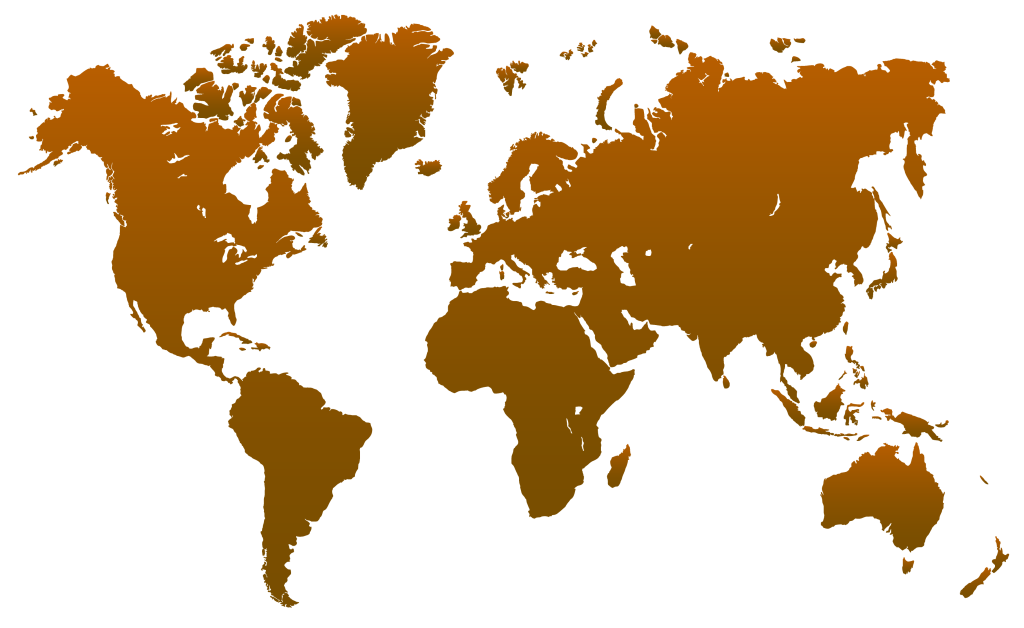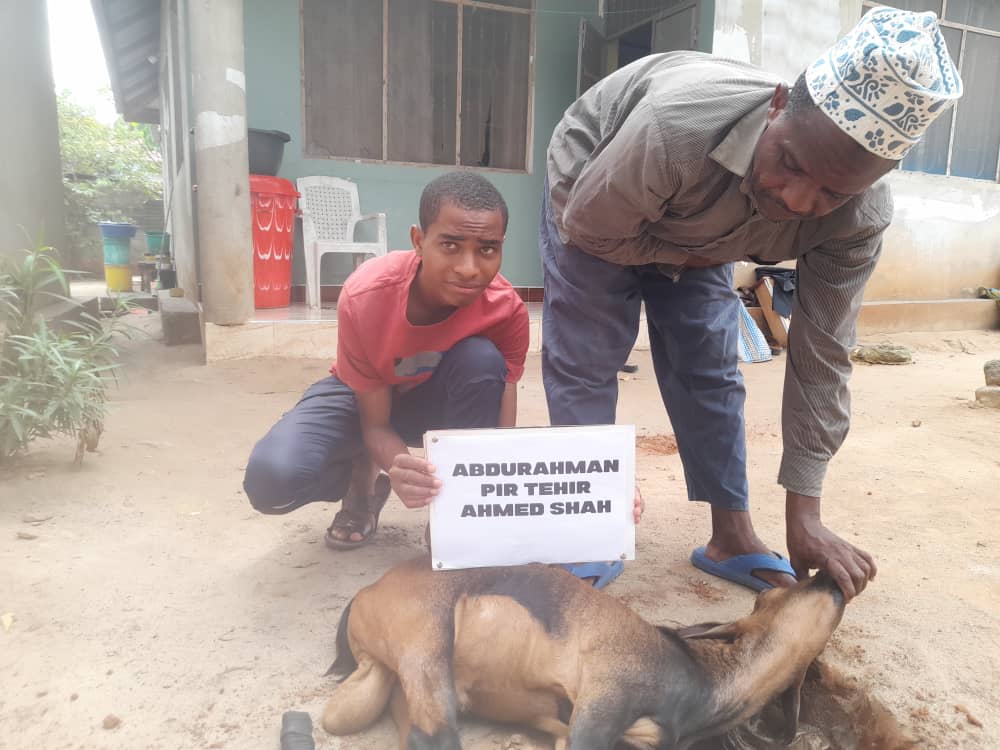- Home
- URGENT APPEAL
CURRENT APPEALS
MenuURGENT
Africa Hunger Crisis
more than 140 million facing hunger
DONATE AND SUPPORT FAMILIES IN NEED.
May Allah سُبْحَانَهُ وَتَعَالَى bestow His kindness upon you and reward you for helping to relieve the hardship of our brothers and sisters.YOUR HELP IS NEEDED
- About Us
- Contact Us
0800 160 1133
24/7 Support



